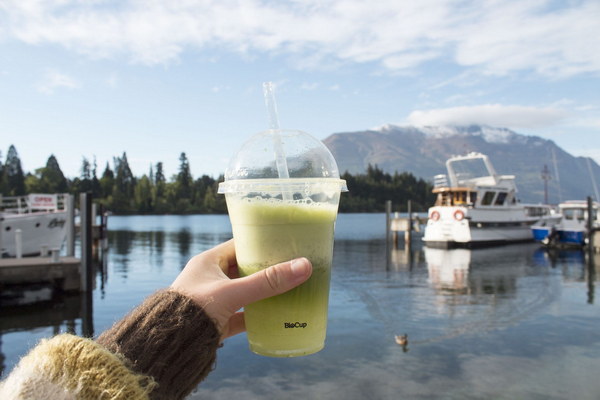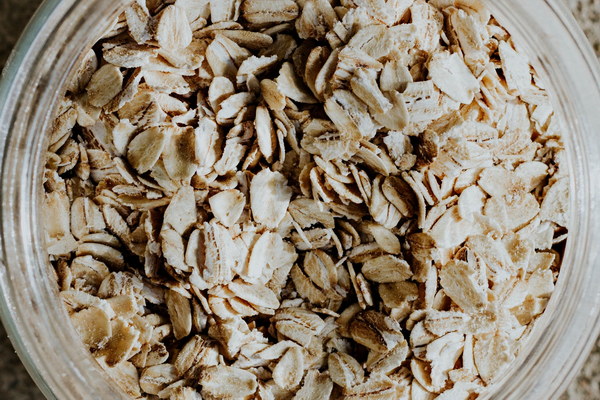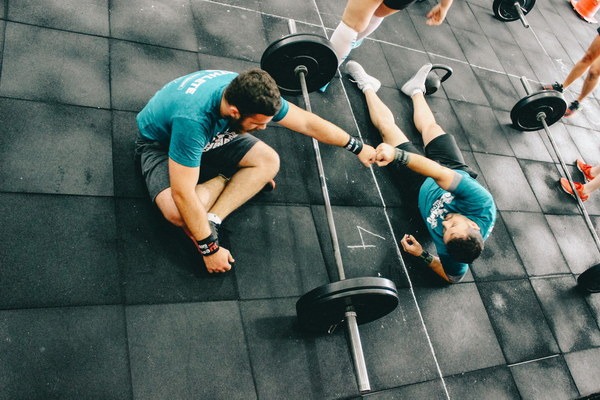Recovering and Caring for Elderly After a Fall A Comprehensive Guide
Introduction:
Falling is a common occurrence among the elderly, and it can lead to severe injuries and long-term health complications. However, with proper care and attention, elders can recover and regain their strength after a fall. In this article, we will discuss the essential steps and tips for taking care of an elderly person who has suffered a fall.
1. Seek Immediate Medical Attention:
If an elderly person falls, it is crucial to seek immediate medical attention to assess any potential injuries. A healthcare professional can identify any fractures, sprains, or internal bleeding that may have occurred during the fall. Prompt medical intervention can prevent further complications and promote a faster recovery.
2. Rest and Comfort:
After a fall, it is important for the elderly person to rest and recover. Ensure they have a comfortable and supportive bed to sleep in, with a pillow to elevate their legs if necessary. Provide adequate rest to avoid overexertion and allow the body to heal.
3. Nutritious Diet:

A balanced and nutritious diet is vital for the elderly during their recovery process. Ensure they consume a variety of fruits, vegetables, whole grains, lean proteins, and healthy fats. This will provide the necessary nutrients to support tissue repair and overall health.
4. Hydration:
Encourage the elderly person to drink plenty of fluids throughout the day. Proper hydration aids in the healing process and helps prevent constipation, a common issue among seniors. Offer water, herbal teas, and clear broths to keep them hydrated.
5. Gentle Exercise:
Once the initial healing process is complete, encourage the elderly person to engage in gentle exercises to improve strength, flexibility, and balance. Low-impact activities such as walking, swimming, or yoga can help restore mobility and reduce the risk of future falls. Consult with a healthcare professional or a physical therapist to develop an appropriate exercise routine.
6. Medication Management:
Ensure the elderly person takes their prescribed medications as directed by their healthcare provider. Some medications may increase the risk of falls, so it is important to review their medication list regularly with their doctor to make necessary adjustments.
7. Fall-Proofing the Home:
Create a safe environment to prevent future falls. Remove trip hazards such as loose rugs, cords, and clutter. Install grab bars in the bathroom and near the toilet to provide support. Consider using a shower chair or handheld showerhead for safety in the bathroom. Adequate lighting throughout the home is also essential.
8. Emotional Support:
Falling can be a traumatic experience for the elderly. Provide emotional support and reassurance throughout their recovery process. Encourage them to share their feelings and concerns with a trusted family member or friend.
9. Regular Check-ups:
Schedule regular follow-up appointments with the healthcare provider to monitor the elderly person's progress. Assess their mobility, strength, and overall health to ensure a successful recovery.
Conclusion:
Recovering from a fall can be challenging for the elderly, but with proper care and attention, they can overcome this difficult period. By seeking immediate medical attention, providing a comfortable environment, maintaining a nutritious diet, and engaging in gentle exercise, elders can improve their chances of a full recovery. Remember to offer emotional support and fall-proof the home to prevent future accidents. With patience and dedication, the elderly can regain their strength and independence after a fall.









